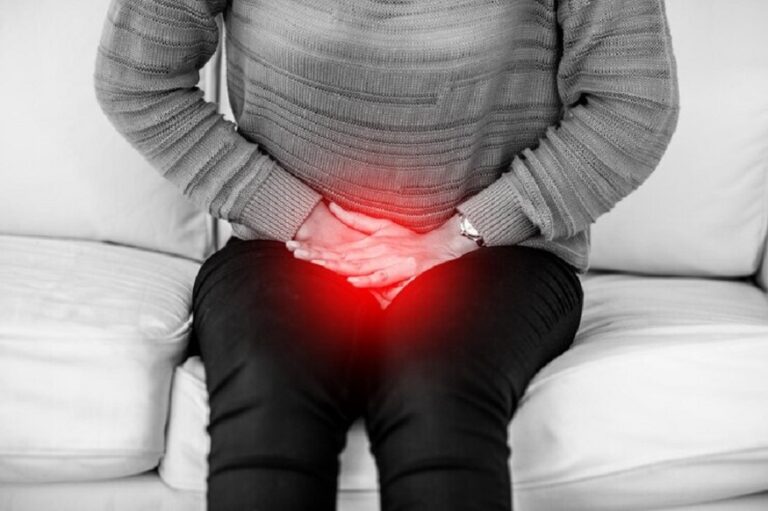They are transformed into glucose by our body to provide a source of energy which can be more or less good depending on its nature. The higher it is, the higher the sugar in the blood Mainly responsible for weight gain, high GI carbohydrates are refined cereals (foods made from white flour:
breads, sandwiches, pizzas, hamburgers, pastries, white pasta, etc.),
ugary foods (chocolate bars, sodas, etc.) , certain prepared industrial meals and potatoes. So avoid sugary or prepared foods, don’t eat too many potatoes, replace refined cereals with whole grains (bread, pasta, rice and wholemeal muesli, etc.) and use wholemeal flour for your pastries. These cereals have not been processed and are therefore much richer in nutritional qualities and full of fiber; their GI is very low compared to refined cereals.
Choose good sources of protein From a health perspective, not all protein sources are created equal. You should eat more animal protein such as fish or chicken and vegetable protein such as nuts or beans rather than red meat and whole dairy products; the latter are certainly good sources of complete proteins, but they are rich in saturated fats and increase bad cholesterol (LDL); their consumption should therefore be moderate. Mixing protein sources (poultry, fish, eggs, beans, nuts, legumes, etc.) and increasing their consumption compared to carbohydrates improves your good cholesterol (HDL) and triglyceride levels.
Choosing good sources of protein rich in unsaturated fats is a definite help for your figure and for your heart!
Eat lots of fruits and vegetables Eating 5 fruits and vegetables a day is a minimum and not an objective! The consumption of fruits and vegetables brings you a cocktail of fibres, vitamins, micronutrients and antioxidants which reduces the risk of certain cancers and arterial hypertension. Fresh or frozen (uncooked), cooked or raw, eat vegetables, legumes and fruits of different varieties and all colors: green, red, yellow, orange…
Drinks: watch out for liquid calories Watching what you drink is as important as watching what you eat. Avoid sodas. A daily consumption of sugary drinks (150 calories per can) is 7 kilos more over 1 year and 2 times more risk of diabetes. If you drink alcohol, consume it in moderation to keep only the benefits (for example in the Cretan diet 1 glass of red wine per meal is authorized for its richness in polyphenols). Don’t start if you don’t drink ;). Tea and coffee without sugar and to be consumed in moderation are very good for your health and reduce the risk of kidney stones and type 2 diabetes.
Explore other sources of calcium Calcium is important for health.
On the other hand, if we think of dairy products first (rich in calcium and vitamin D), we should also consider other sources because dairy products are high in calories and saturated fat; just like red meat, their consumption should be moderate. Vitamin D helps the body absorb calcium and only a few non-dairy foods contain it (egg yolk, fish, liver, vitamin D fortified orange juice). If you are not consuming these foods, a supplement should be considered. Other sources of calcium: green leafy vegetables, cabbage, tofu, beans, sesame seeds, almonds, salmon, sardines… 8. Supplemental vitamins You can take vitamins as a dietary supplement as













+ There are no comments
Add yours